The Democratic presidential candidates have moved from the politics of piling on to the politics of unity. Stung by a nasty dispute over race and politics that may have damaged both of their campaigns and their party, Barack Obama and Hillary Rodham Clinton called a truce during a debate Tuesday night. Both sides recognized that nothing good could have come from the fight. The Clintons risked appearing racially insensitive -- and damaging their legacy as champions of civil rights. Obama risked being defined simply by his race and destroying his brand as a candidate who can unite America.
All Rights reserved
By continuing to use our site, you agree to our Privacy Policy and Terms of Use.
Your support makes The Advocate's original LGBTQ+ reporting possible. Become a member today to help us continue this work.
The Democratic presidential candidates have moved from the politics of piling on to the politics of unity.
Stung by a nasty dispute over race and politics that may have damaged both of their campaigns and their party, Barack Obama and Hillary Rodham Clinton called a truce during a debate Tuesday night.
Both sides recognized that nothing good could have come from the fight. The Clintons risked appearing racially insensitive -- and damaging their legacy as champions of civil rights. Obama risked being defined simply by his race and destroying his brand as a candidate who can unite America.
And they both risked creating lasting divisions with one of the Democratic Party's most important constituencies -- the black community that was already taking sides in the primary fight.
Democratic consultant Donna Brazile said the recent back-and-forth -- which featured arguing over the role of Dr. Martin Luther King and references to Obama's drug use in his youth -- was starting to drown out what the candidates really wanted to say in the campaign.
''It became clear the candidates were having a hard time getting their message across,'' she said.
So Obama and Clinton came together in the debate to blame the whole thing on others.
''We both have exuberance and sometimes uncontrollable supporters,'' Clinton said.
''I think that, as Hillary said, our supporters, our staff get overzealous,'' Obama said. ''They start saying things that I would not say.''
But they also made fresh acknowledgments. Obama had previously said that Clinton's allegation that his campaign had fanned the story's flames was ''ludicrous,'' but in the debate he said he regretted that his staff had pushed the story.
And although Clinton refused to admit that one of her supporters referred to Obama's drug use while introducing her at a campaign event, she allowed that his comments were out-of-bounds.
John Edwards, the one candidate who arguably could benefit from Obama and Clinton getting distracted in a race war that threatened to destroy them both, also waded in carefully. He tried to show that even though he's a white guy, he has a special understanding of the tensions brewing and the importance of moving on.
''I had the perspective of living in the South, including a time when there was segregation in the South,'' he said. ''I lived with it in my years growing up -- I think we, all of us, have an enormous responsibility not to go back but to go forward.''
Some have argued that the dispute could help Obama in South Carolina, where at least half of the turnout in the January 26 primary is expected to be black. But even if it helped rally black voters to his side, there were risks beyond that, when white voters take to the polls and could have been turned off by any perceived egging-on of a racial spat.
Part of Obama's appeal to blacks, and especially whites, is the hope that he could move the country beyond its ugly past of racial strife. But first the candidates had to get past the ugly politics of the present. (Nedra Pickler, AP)
From our Sponsors
Most Popular
Bizarre Epstein files reference to Trump, Putin, and oral sex with ‘Bubba’ draws scrutiny in Congress
Jeffrey Epstein’s brother says the ‘Bubba’ mentioned in Trump oral sex email is not Bill Clinton
Latest Stories
Japan's ban on marriage equality is constitutional, according to a Tokyo court
How a queer fashion show took on New York Fashion Week
8 LGBTQ+ films coming in 2026 that we can't wait to see
Lavender marriages: What queer unions and relationships can teach us about love and safety
How a united message of 'Tax the Rich' could make life more affordable, and win elections
Trump administration won't observe World AIDS Day
Psychiatrist explains the Kinsey scale to two men and blows their minds
Funding cuts could cause 3.3 million additional HIV infections by 2030: report
Florida driver arrested and accused of trying to run over LGBTQ+ running group
Democrats and rights groups accuse Trump's Justice Department of ignoring hate crimes
How the Boy Scouts became a target of the Trump administration's wrath
Trump can't have 'Defying Gravity' or 'holding space,' says queer media's Tracy E. Gilchrist
Trending stories
Recommended Stories for You












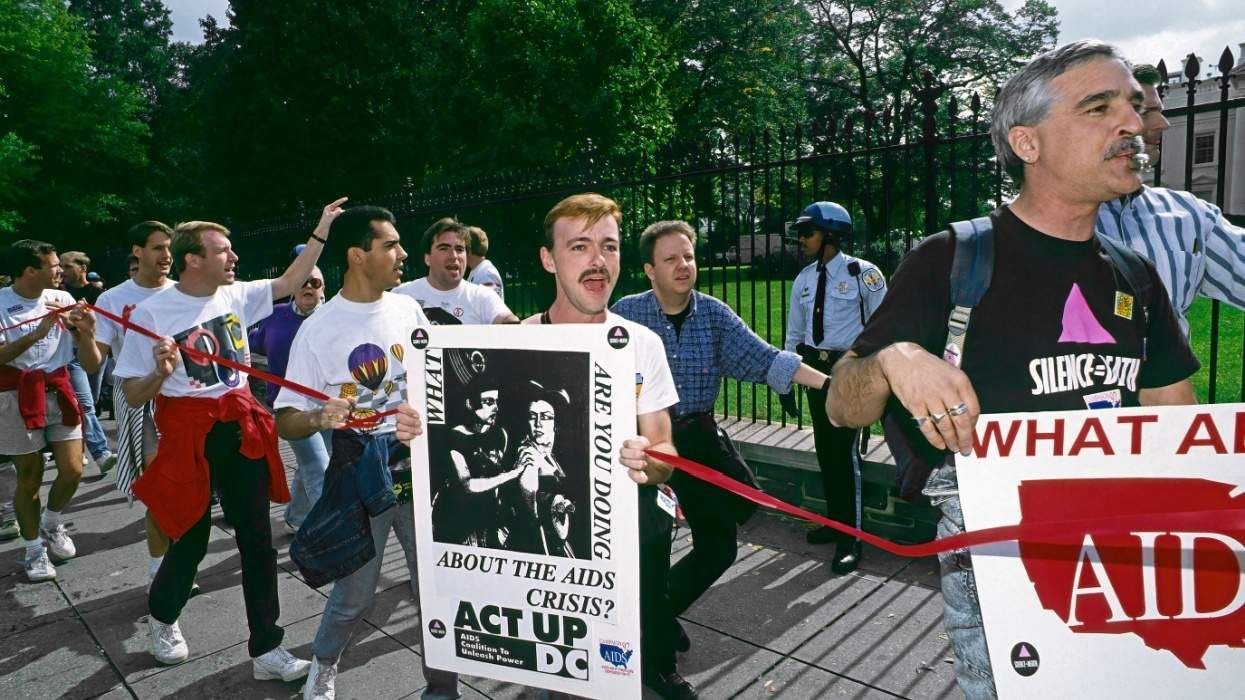
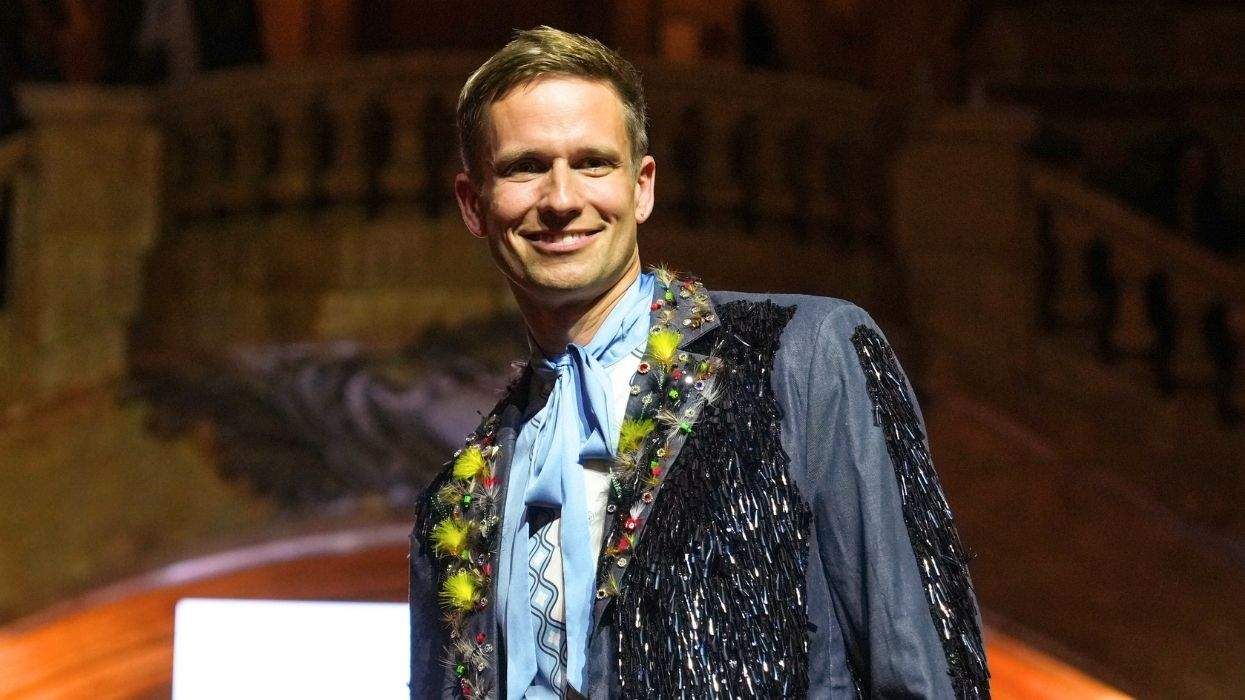
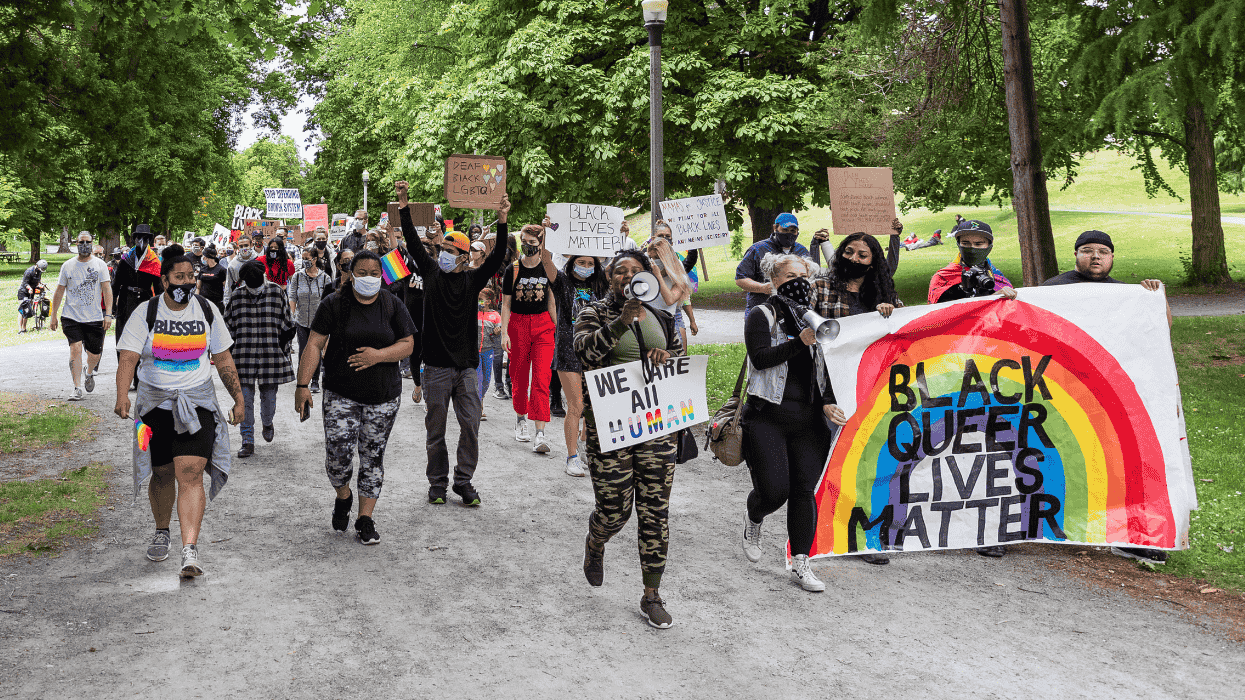
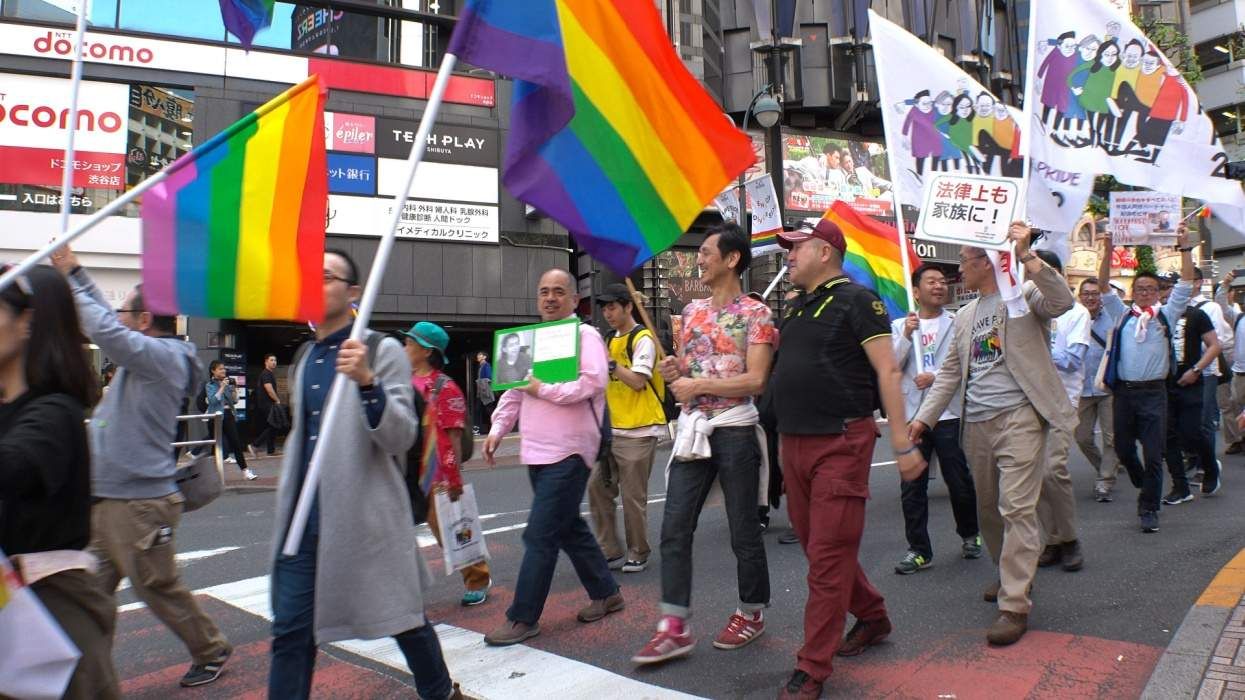


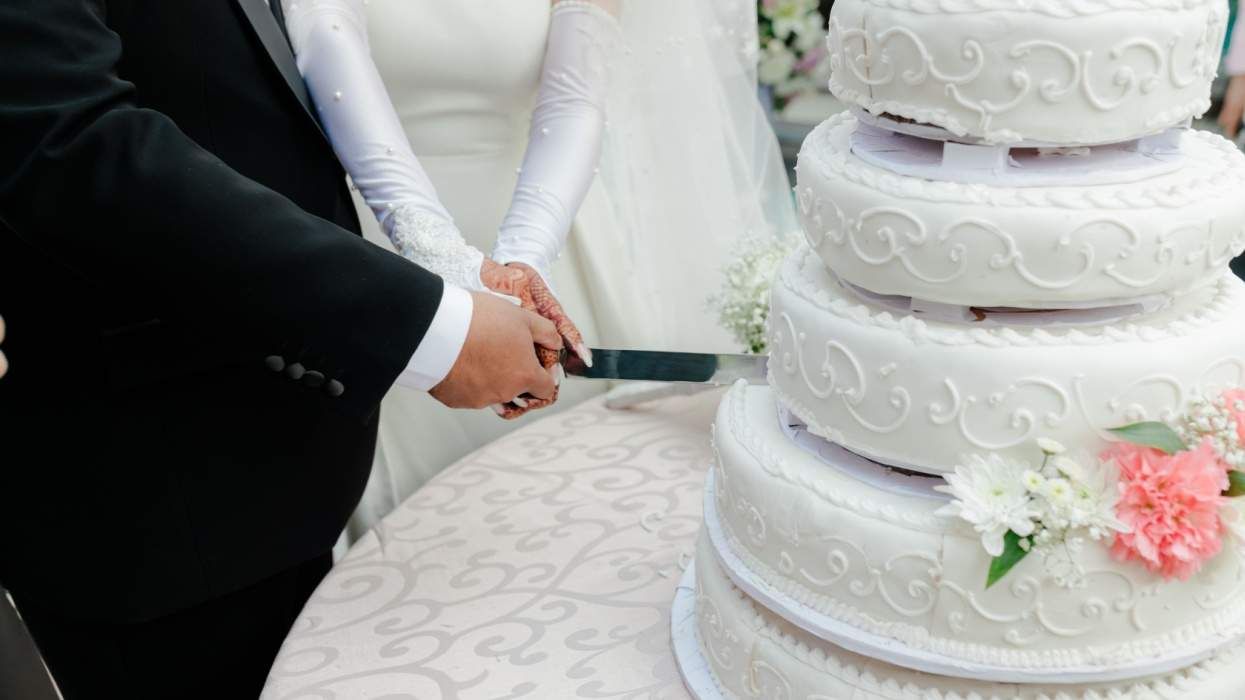
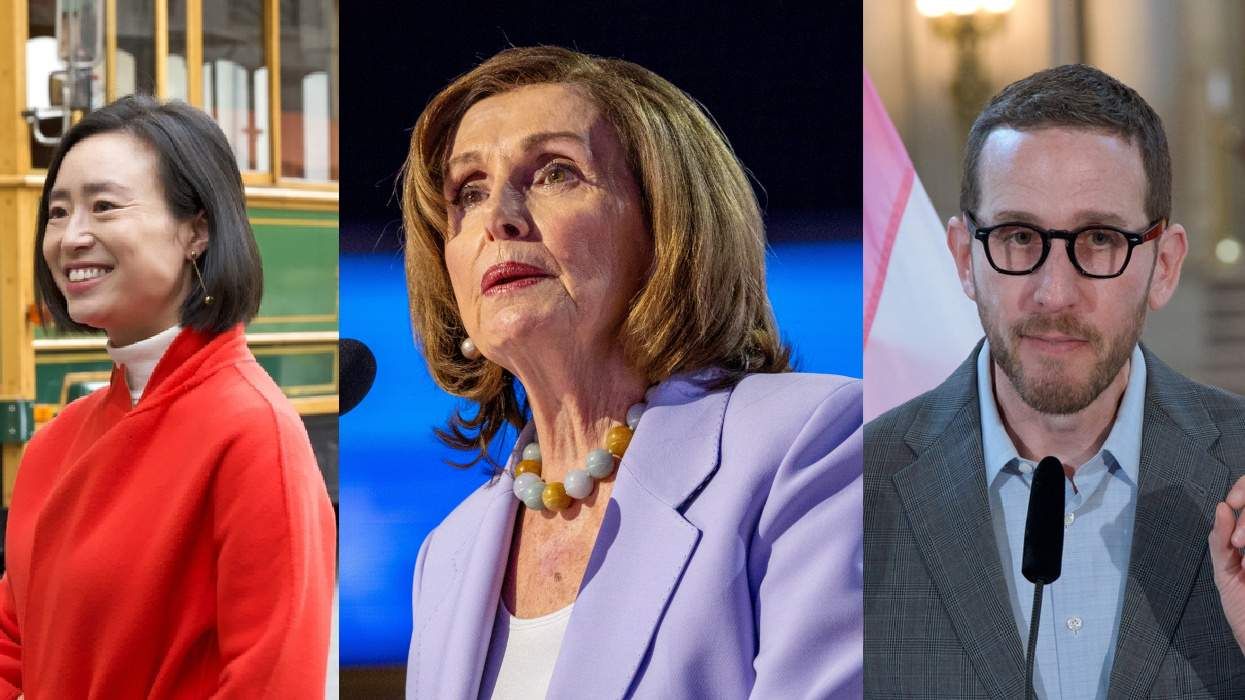
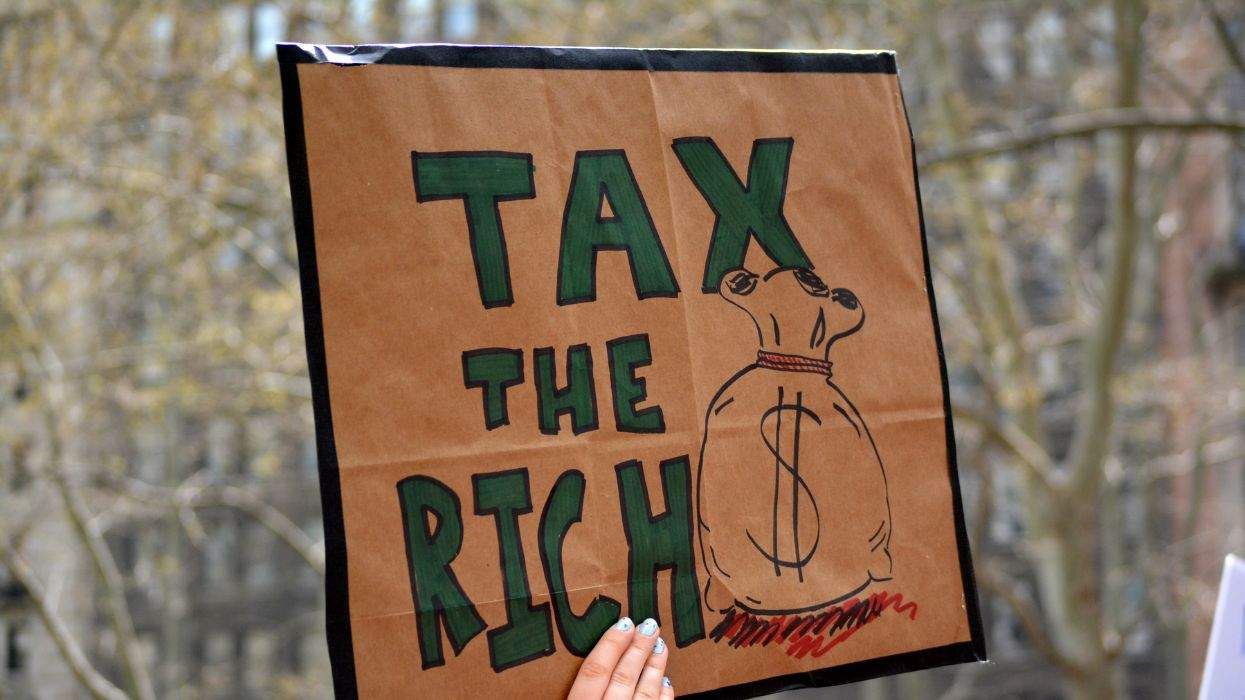
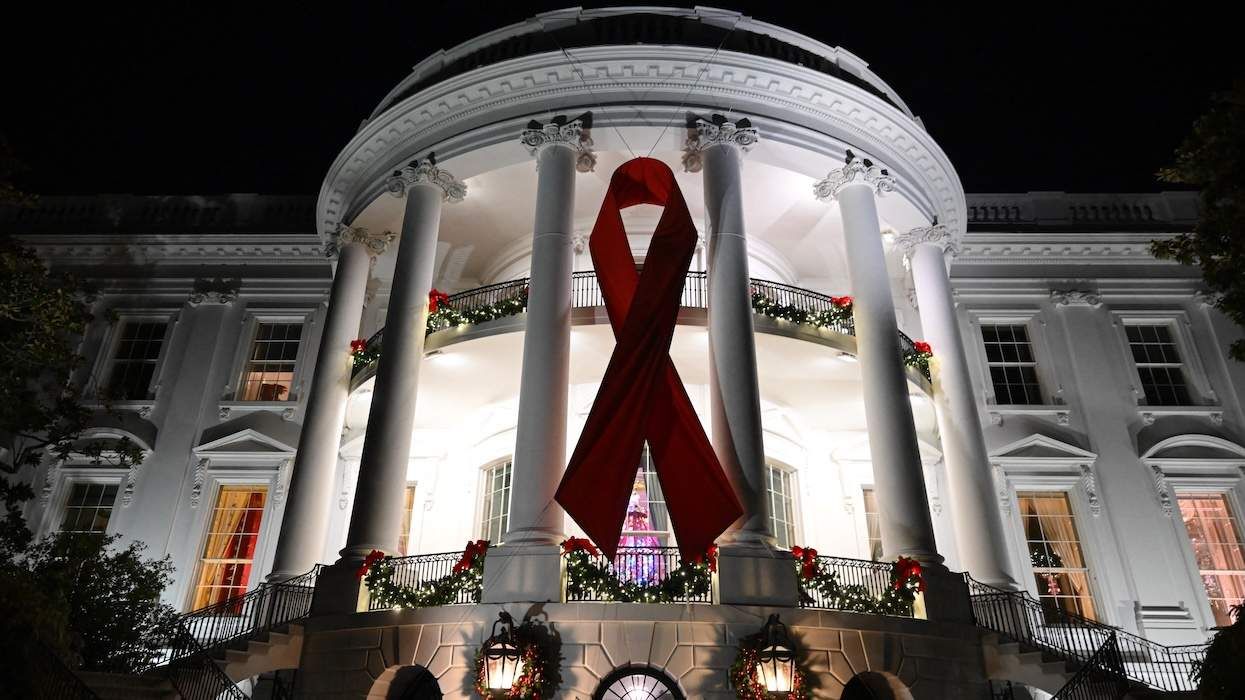
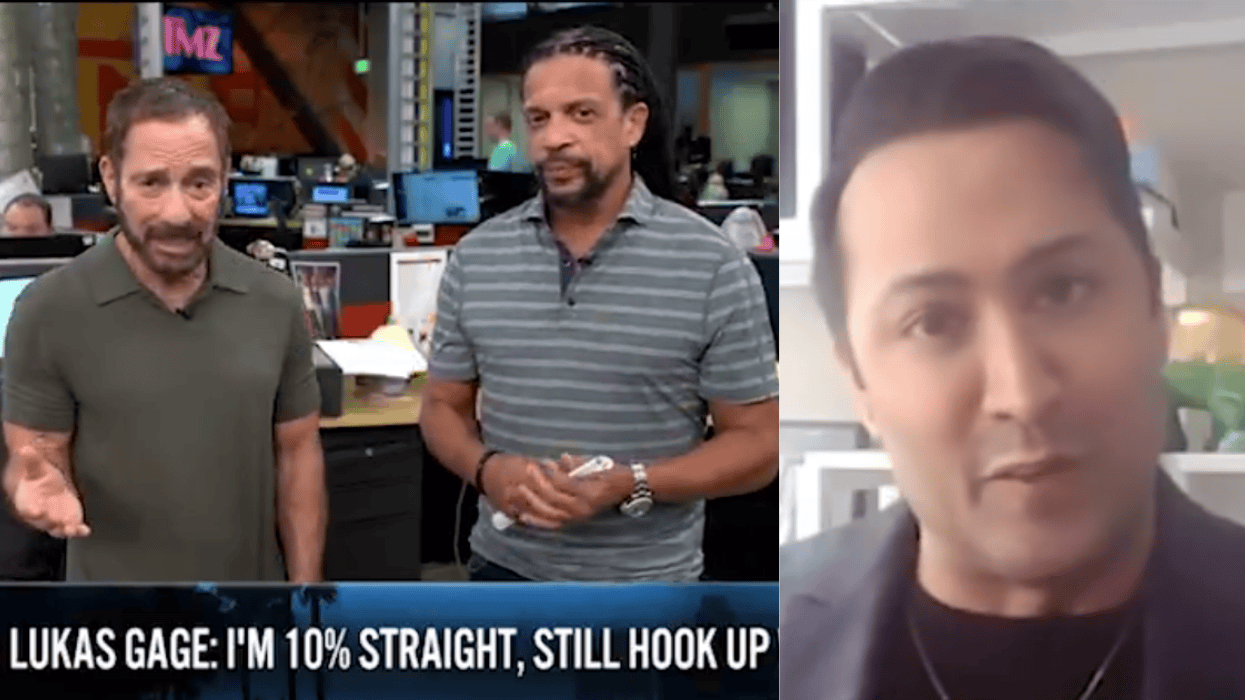
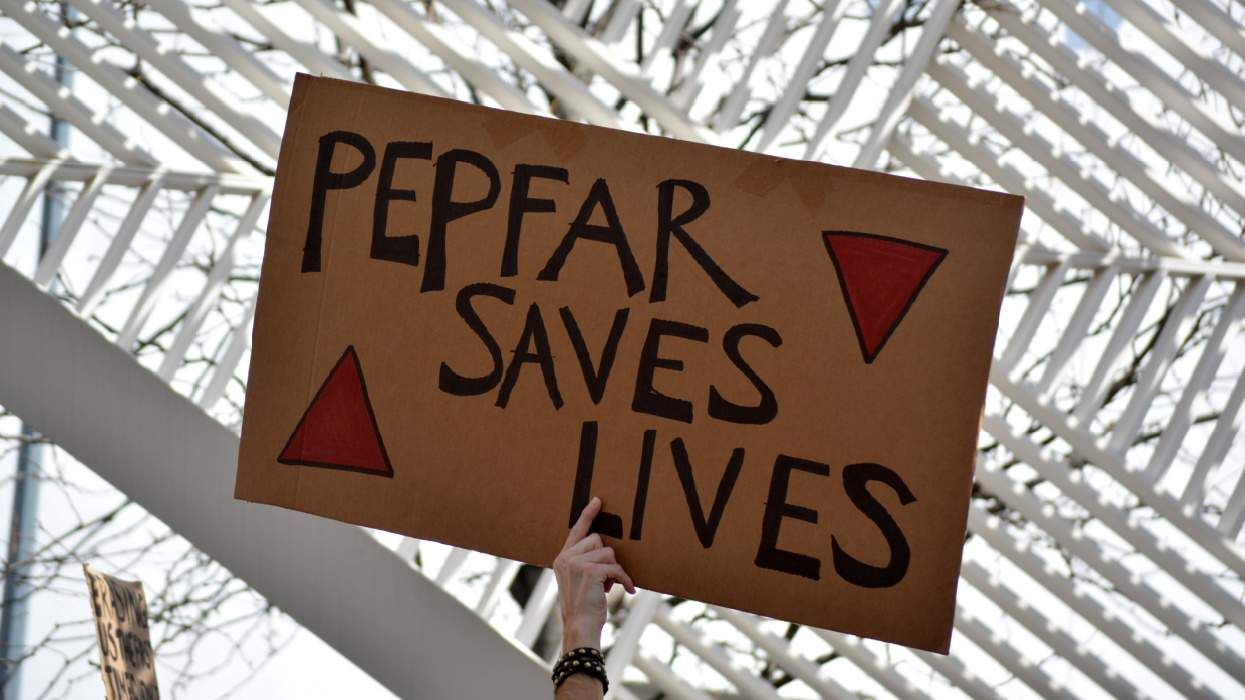

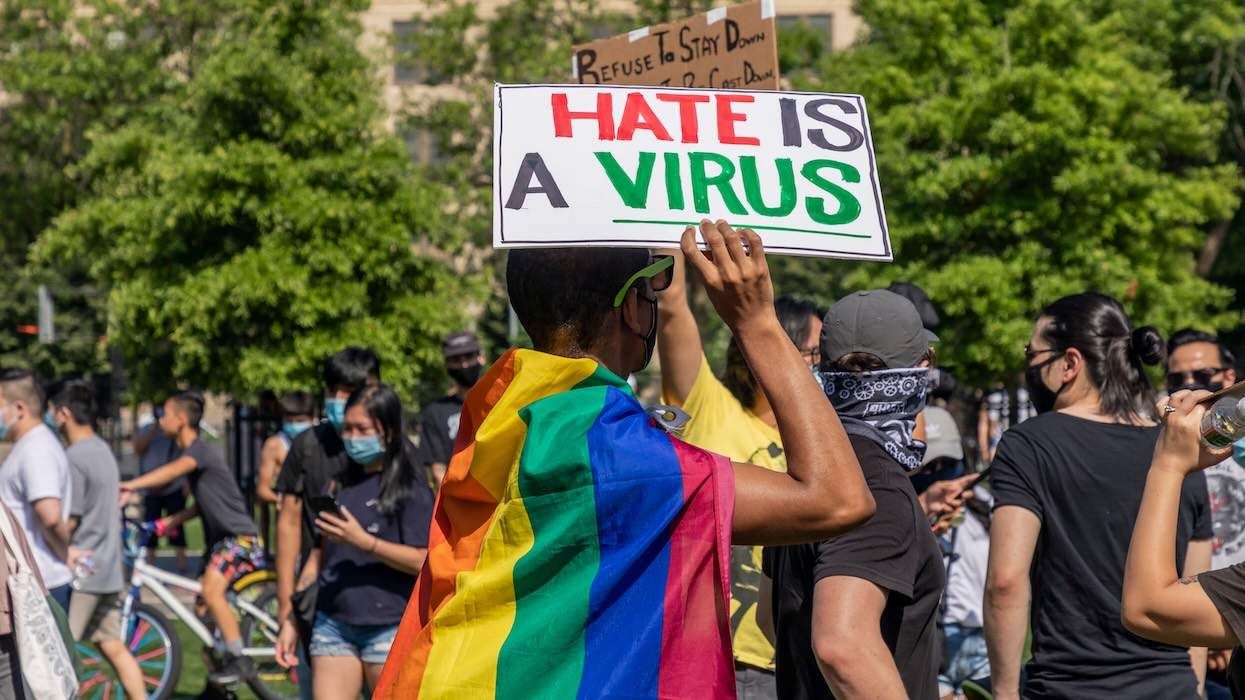

















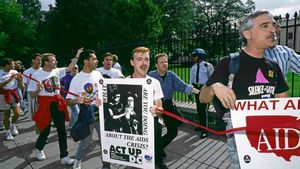
























Charlie Kirk DID say stoning gay people was the 'perfect law' — and these other heinous quotes